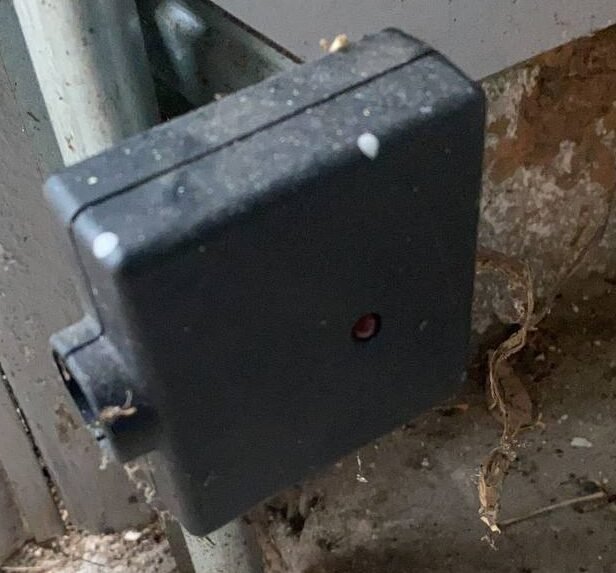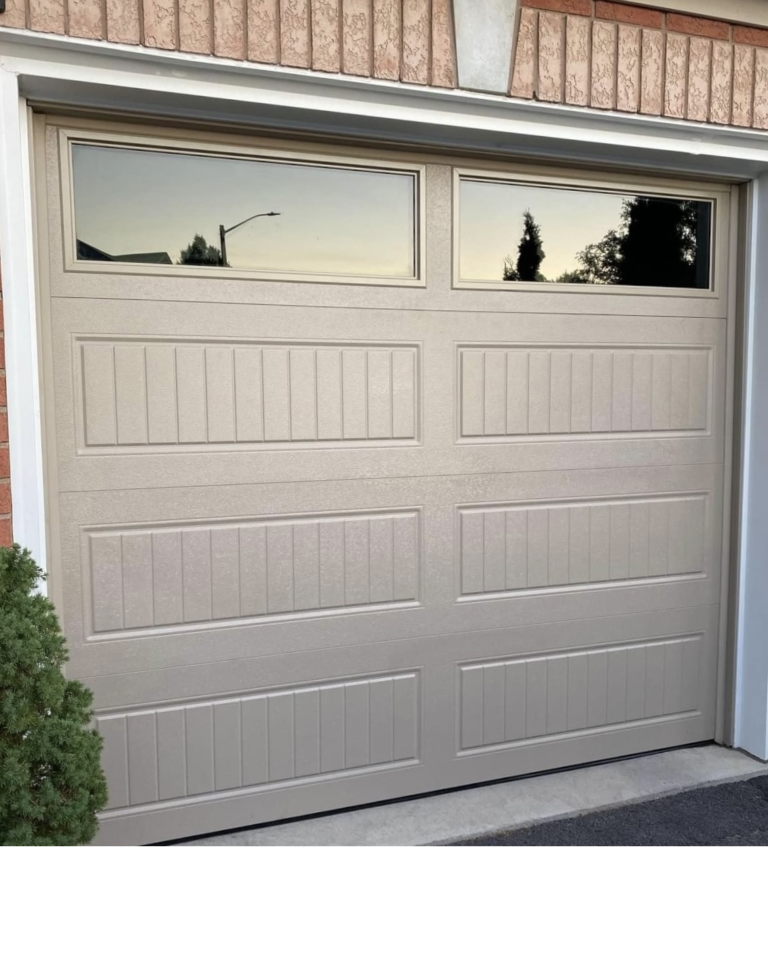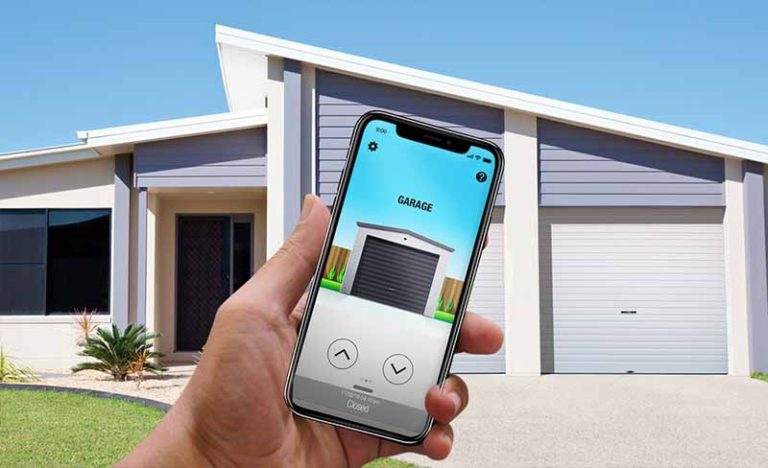
garage doors
Humidity is a significant factor that can affect various components of your garage door system. Homeowners in regions with high humidity levels, such as the Pacific Northwest, need to be particularly mindful of how moisture impacts the longevity and functionality of their garage doors. In this article, we’ll explore the different ways humidity can cause issues and share tips to protect your garage door from these effects.
1. How Humidity Affects Metal Components
Garage doors often contain numerous metal components, including hinges, springs, and tracks. When humidity levels are high, moisture in the air can cause these metal parts to rust and corrode over time. Rust and corrosion weaken the structural integrity of these components, which can lead to more frequent breakdowns or costly repairs.
To protect your metal components, regularly check for signs of rust and apply a rust-inhibiting lubricant as needed. If your garage is prone to moisture issues, consider investing in a dehumidifier to keep the air dry. For more storage solutions to maximize the space and keep your garage well-maintained, check out our article on Enhancing Your Garage with Additional Storage Solutions.
2. Wooden Garage Doors and Moisture
If your garage door is made of wood, humidity can be particularly problematic. Wood tends to absorb moisture, causing the material to expand, warp, or even rot over time. This can lead to misalignment issues, making the door difficult to open or close properly. High humidity can also cause the wood to become a breeding ground for mold and mildew, further compromising the door’s structure.
To combat these issues, treat your wooden garage door with a high-quality, weather-resistant sealant. Regular maintenance and inspections can help prevent long-term damage. For guidance on selecting the best lighting to complement your garage’s overall design and protect it from moisture damage, read our article on How to Choose the Right Lighting for Your Garage.
3. Garage Door Safety Features and Humidity
Modern garage doors are equipped with various safety features, including sensors that detect obstacles and prevent the door from closing. However, high humidity can affect the performance of these sensors. Moisture can interfere with the electronic components, causing false readings or making the sensors malfunction. This compromises the safety and efficiency of your garage door system.
To ensure your sensors function correctly, regularly wipe them down and make sure they are free of moisture and debris. Additionally, consider installing weather stripping around your garage door to prevent excess moisture from seeping in. Learn more about the importance of garage door safety features and how to maintain them in our article on Understanding Garage Door Safety Features and Their Importance.
Conclusion:
Humidity is an often-overlooked factor that can significantly impact the performance and lifespan of your garage door. By understanding the risks and taking proactive steps, you can protect your garage door from humidity-related issues and ensure it continues to function smoothly. Regular maintenance and timely repairs are key to preventing long-term damage.
Thanks for Reading!
We’d like to thank our collaborators at Seattlenews-today.com and Tacomanews-today.com for helping us share valuable home maintenance insights. Stay tuned for more expert tips and advice!




